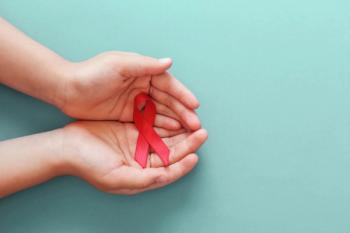
What led to negative COVID-19 vaccine perceptions on Twitter
A study examined 4 million posts on social media site in 2021.
Fact-based news on social media caused negative perceptions about COVID-19 vaccines, but fake news did not – a “paradox,” according to a new study of
The findings were part of the
Researchers examined 4 million
“Seemingly counterintuitive, the percentage of fact-related users is significantly negatively associated with the vaccination rate,” study leader Jiebo Luo, PhD, a professor with the University of Rochester Department of Computer Science, said in the news release. “A combination of a larger user-level influence and the negative impact of online social endorsement on vaccination intent may account for this paradox.”
However, no significant correlation was found between the percentage of fake-news-related users and the vaccination rate.
The researchers found 456,061 fact-related tweets and 159,283 Twitter users linked to fact-based news. There were 26,998 tweets indicating “fake news, conspiracy theories, unreliable content, or highly biased news,” from 10,925 users associated with
The researchers controlled for
State-level vaccination numbers came from the COVID Data Tracker published by the federal Centers for Disease Control.
The authors discussed fact-related news being associated with a lower vaccination rate, a pattern consistently found in survey-based studies and their social media study.
“The reason could be that more fact-related news about the vaccines might raise not only more discussions but also more concerns,” the study said. “This nonpositive perception of the vaccines might induce a decline in the vaccination intent among the people who were hesitant.”
Twitter users who posted fact-based news were more likely to be verified accounts with more significant online influence due to more followers, friends, status, listed memberships and favorites among posts.
“In comparison, the exclusive fake-news users were only one-fifteenth the size of the fact-oriented users with more homogenous opinions,” the news release said. Among the fake-news-related users, most of the keywords in their user descriptions were political, the study said.
Newsletter
Access practical, evidence-based guidance to support better care for our youngest patients. Join our email list for the latest clinical updates.






